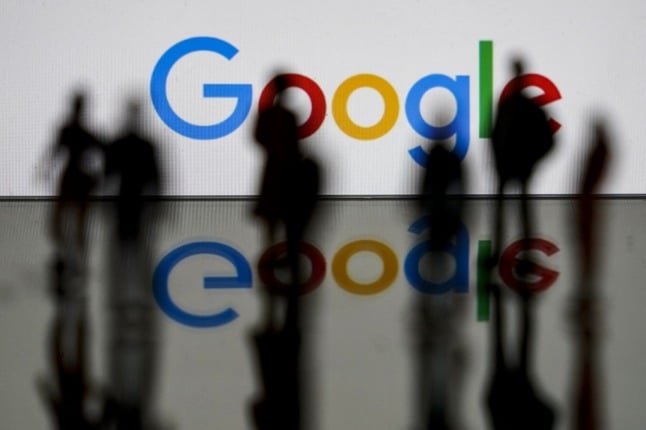1. Actor Til Schweiger to anchor evening news
 Til Schweiger. Photo: DPA
Til Schweiger. Photo: DPA
Public broadcaster ARD announced that actor Til Schweiger would read the news every night for a week. The most popular German news show Tagesschau has a reputation for serious, high quality news – making mumbling action star Schweiger a strange choice. The Hamburg hard man is best known for his starring role in the northerly port city’s edition of Tatort, Germany’s seminal TV cop drama produced by a different state’s public broadcaster each week.
Schweiger is also known for Facebook postings bedecked with far more exclamation marks than any German would usually use. ARD hinted that the appointment was a joke by noting that Schweiger would insist on the correct number of exclamation marks in the subtitles for the news broadcasts.
2. Amazon to deliver orders by pneumatic tube
 Photo: Amazon
Photo: Amazon
Maybe not only an April Fool but a potential visionary innovation came from Amazon Germany on Friday. They announced plans to deliver small packages using a network of pneumatic tubes from summer 2016.
The scheme was supposedly to be tested in Berlin and then rolled out to 16 different metropolitan areas across Germany. Sadly, the offer would only be open to members of the online retailer’s Prime next-day delivery scheme.
3. Justice Minister posing naked for PETA
 Photo: PETA Deutschland
Photo: PETA Deutschland
PETA Germany picked on Heiko Maas, Germany’s minister for justice, as the butt of their April Fool this year.
The international animal rights organization is well-known for its “I’d rather go naked than wear fur” campaign. So they Photoshopped the Justice Minister and actress Natalia Wörner into a fake campaign poster – claiming it was the pair’s “first public appearance as a couple” after their affair was revealed in the media recently.
4. No boobs for porn lovers
 A typical scene from the Venus erotic fair in Berlin. Photo: DPA
A typical scene from the Venus erotic fair in Berlin. Photo: DPA
While a steamy picture of a naked minister might be stoking the fires of April Fools-loving PETA fans, the Berliner Kurier newspaper cooled things down in their prank.
The tabloid announced that naked flesh would be banned from future versions of the Venus erotic industry show held in the capital every year and known for live shows from famous porn stars and other performers. The 20th anniversary edition would feature only erotic book readings rather than stripteases, the journalists joked – adding that organizers wanted to reduce the rates of catching cold among the women.
5. Burning rubber at the Brandenburg Gate
 Formula E cars racing at Berlin's former Tempelhof Airport. Photo: DPA
Formula E cars racing at Berlin's former Tempelhof Airport. Photo: DPA
Anyone who knows anything about Germans knows they love cars. So it wasn’t immediately obvious that the Berliner Zeitung’s joke about plans for a new Formula One race on the streets of the capital wasn’t true – all the more so since Berlin already hosts a Formula E (electric) race each year.
A mocked-up image showed German Red Bull driver Sebastian Vettel doing donuts on the Pariser Platz, site of the Brandenburg Gate. The supposed 5.85-kilometre course through Berlin is similar to the lengths of the actual races in Monaco and Melbourne. And they even considered the impact on residents: the F1 cars were allegedly to be equipped with silencers designed to limit the noise for complaint-prone Berliners.
BONUS: Federal Police train in Bavaria
Endlich ist sie da! Nach jahrelanger Planung ist heute unsere erste Einsatzlok auf Streife in Bayern unterwegs pic.twitter.com/As9LKUt5TY
— Bundespolizei BY (@bpol_by) 1. April 2016
We couldn’t resist including this little gem from the Federal Police in Bavaria, who claimed to be deploying their first ever police locomotive on rail lines this morning.



 Please whitelist us to continue reading.
Please whitelist us to continue reading.
Member comments